How to build a riding arena for horse training and exercise
Building a riding arena is not as complicated as it might seem, but it does require proper planning and preparation. To help you get started, let’s...

With a solution-focused approach, we collaborate closely with clients and consultant teams to align on scope, time frames, design objectives, and cost. We’re committed to delivering a strong return on your investment. Are you interested in our work in the commercial and industrial sectors?

Our client, a vet and sheep farmer, needed a shearing shed and yard cover designed for efficiency and innovation. Partnering with our team, he collaborated with fit-out providers to create two custom steel structures tailored to his farm’s needs. His farm is now equipped for better working conditions and long-term success.

Providing Industry-Leading Steel Building Solutions
Central Steel Build, committed to innovation, quality, and customer satisfaction, has solidified its reputation as an industry leader. We're revolutionising agricultural structures, and transforming how farmers and producers approach building solutions. If you’re interested in our work in the agricultural sector, read the article to discover how we’re transforming building solutions.

Oritech combined office and warehouse
Oritech Pty Ltd partnered with us to build a modern office and warehouse facility in Mitchell Park, Victoria. The design featured innovative L-shaped tilt panels for both function and style. Using our Pro. building approach, we delivered a durable, cost-effective, high-quality solution. Seamless collaboration ensured the project was completed on time and within budget.
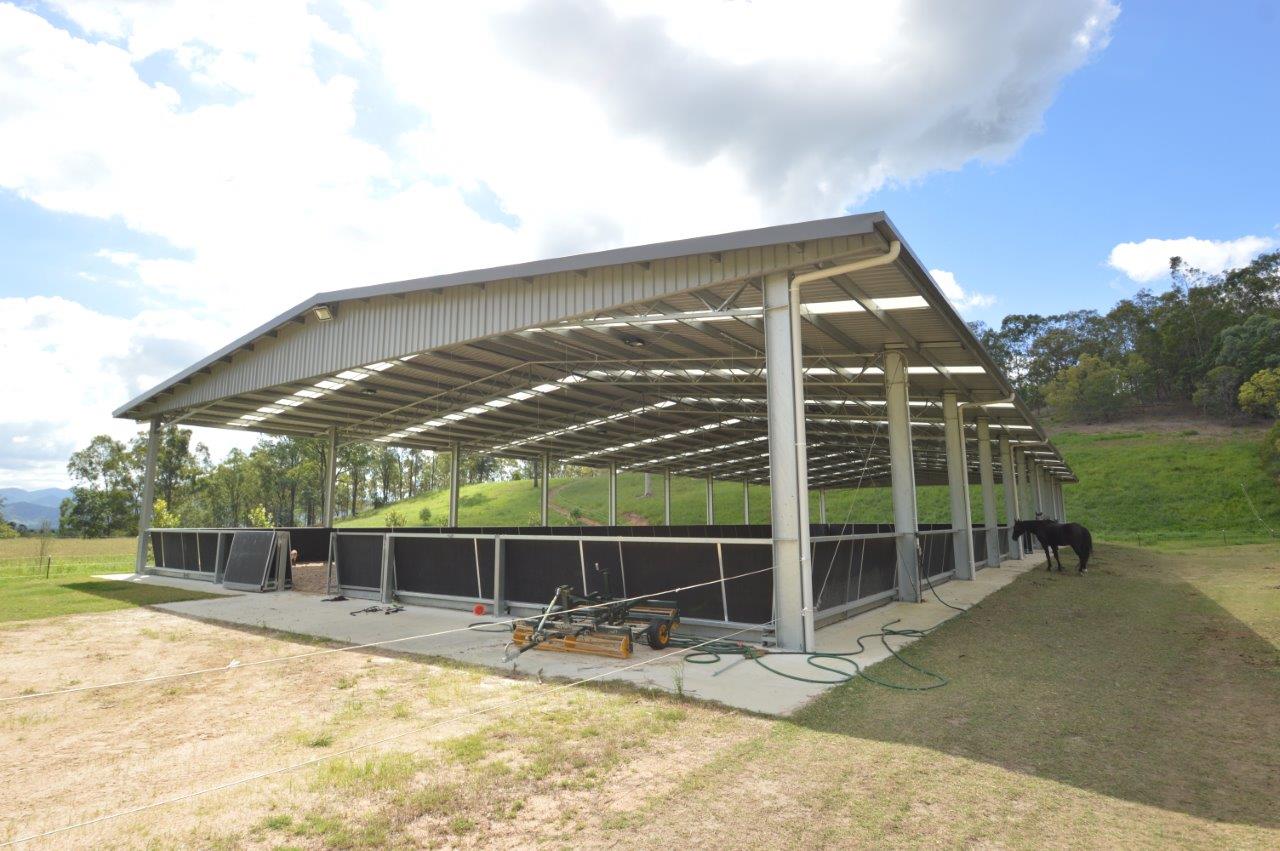
Building an indoor horse arena is costly and making mistakes in the process can be painfully expensive. Undergoing the process to building an indoor arena is an exciting project for every equestrian and a major investment. Getting things right in the earliest planning stages will save you a lot of time, money and stress later on. Take the following points into consideration if you’re planning to construct your own arena.
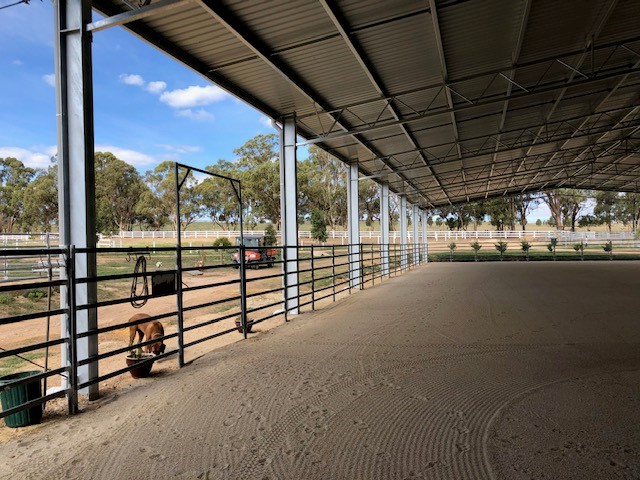
It is important to consider drainage when choosing the location for your indoor arena. Your arena should be on a high point of the property, not at the base of any hills or in the bath of runoff water. Working with nature rather than against it will remove drainage problems and most likely reduce the cost as well.
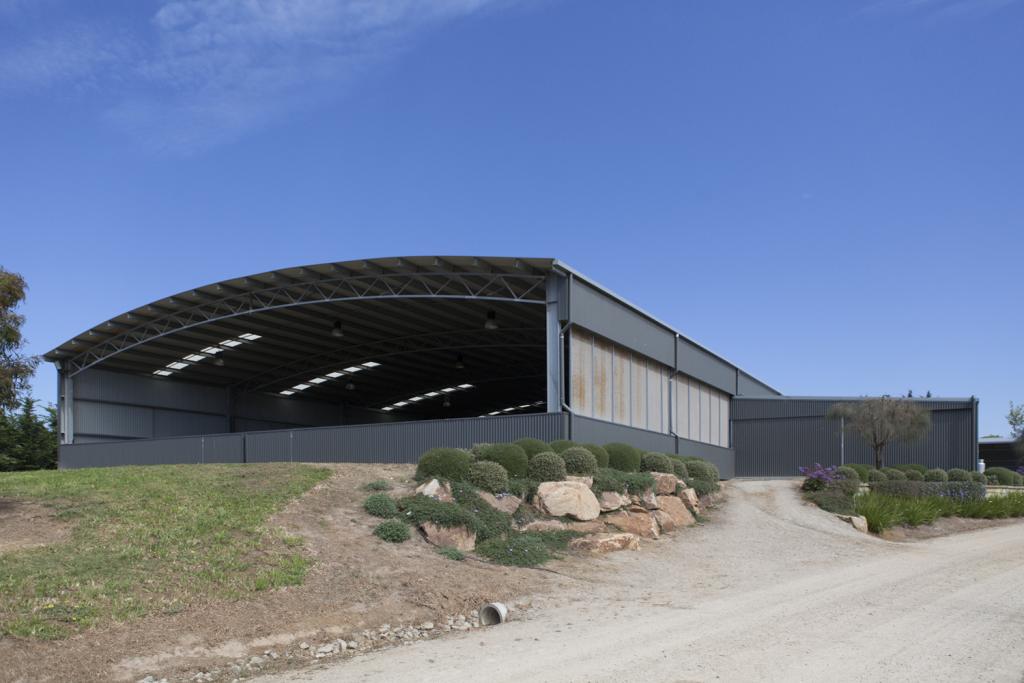
Ensure when designing your indoor arena that a realistic drainage system is in place based on the location, the lay of the land, anticipated annual rainfall, soil type and your own sub-layers. It is well worth taking the time to research which method of drainage will work the best for your arena. Building a cover over and existing horse arena will eliminate a lot of the drainage problems that outdoor arenas experience, so long as surrounding run-off is properly drained, the arena surface itself won’t have to stand up to downpours and sodden surfaces. Another big advantage of an indoor arena is that you can collect and store the water at little cost and with huge lasting benefits.
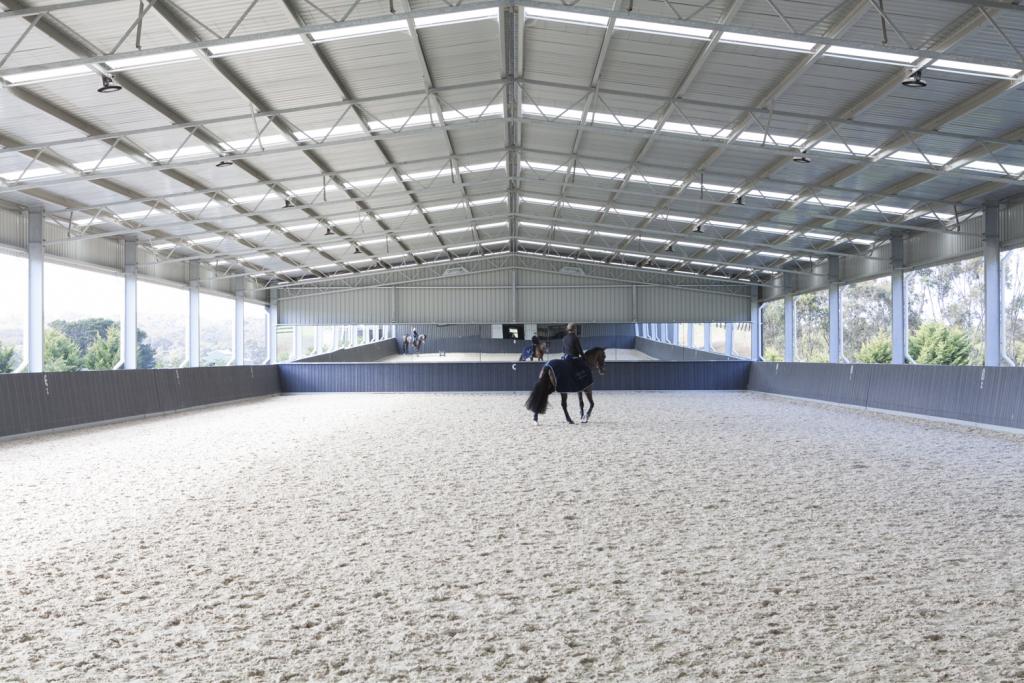
It is absolutely essential to spend time and money to ensure you use materials that will work for your arena. There is no across the board ‘rule book’ for sub layers, as materials vary from region to region. Skimping on base layers or choosing the wrong materials can undo the ultimate effectiveness and quality of your arena in a wink. Have a good idea how you want to use the arena when choosing materials, so you can make sure you have the right amount of each layer, and that one layer won’t become too thin after compacting to be effective.
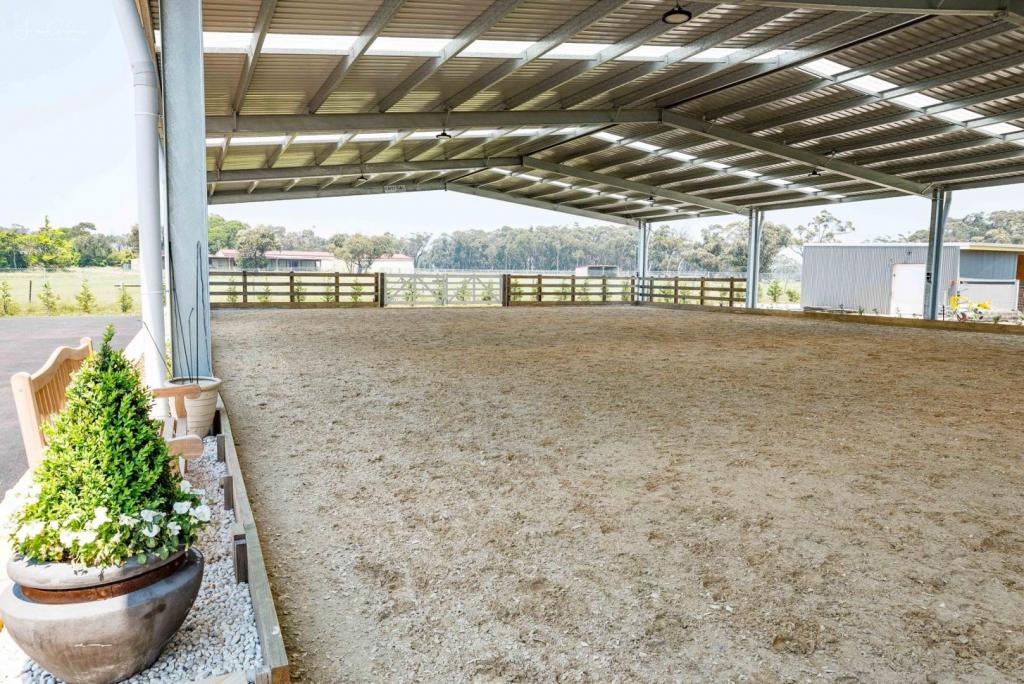
Ideally, a “perfect” riding surface should be cushioned to minimise concussion on horse legs, firm enough to provide traction, not too slick, not too dusty, not overly abrasive to horse hooves, inexpensive to obtain, and easy to maintain. There is a wide range of products available on the market, both natural and commercially produced, and your selection will depend largely on your budget and intended arena use. Talking to local riders with their own indoor arenas is a great way of seeking advice on what top layer is right for you.
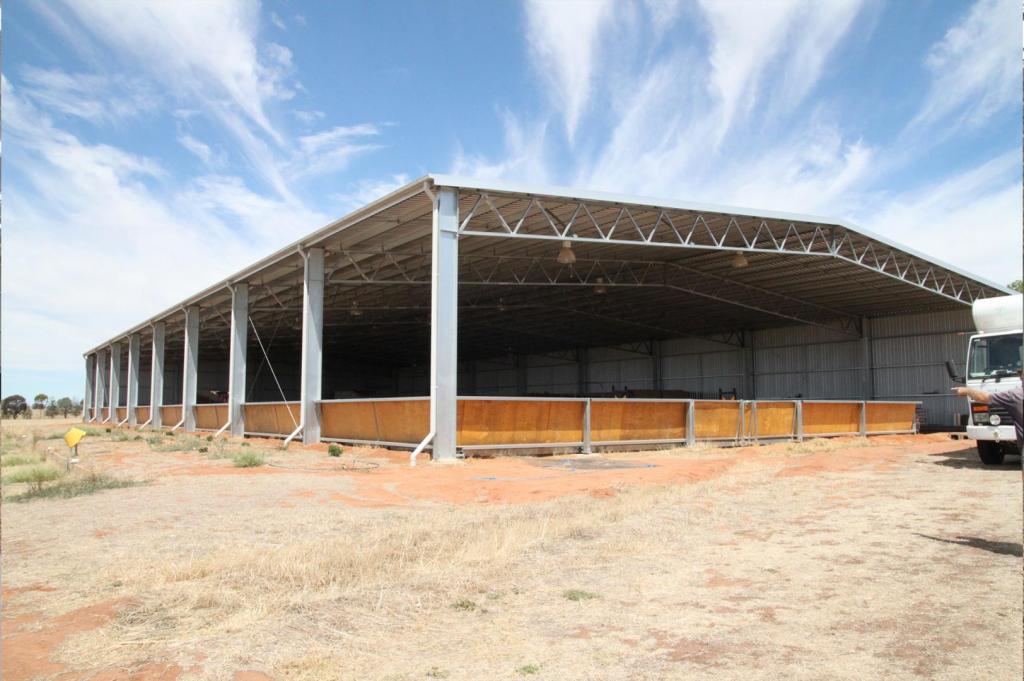
The great thing about having a properly designed and built indoor is that you can extend the lifetime of your arena considerably by practicing a simple maintenance schedule. Here is a list of easy ways to keep your indoor arena in great condition.
As you can see once you have your indoor arena constructed and your surface in place it doesn’t take much to keep it functional and looking beautiful. Having your arena covered will extend the lifetime of your surface and below layers considerably as it is sheltered from the weather.
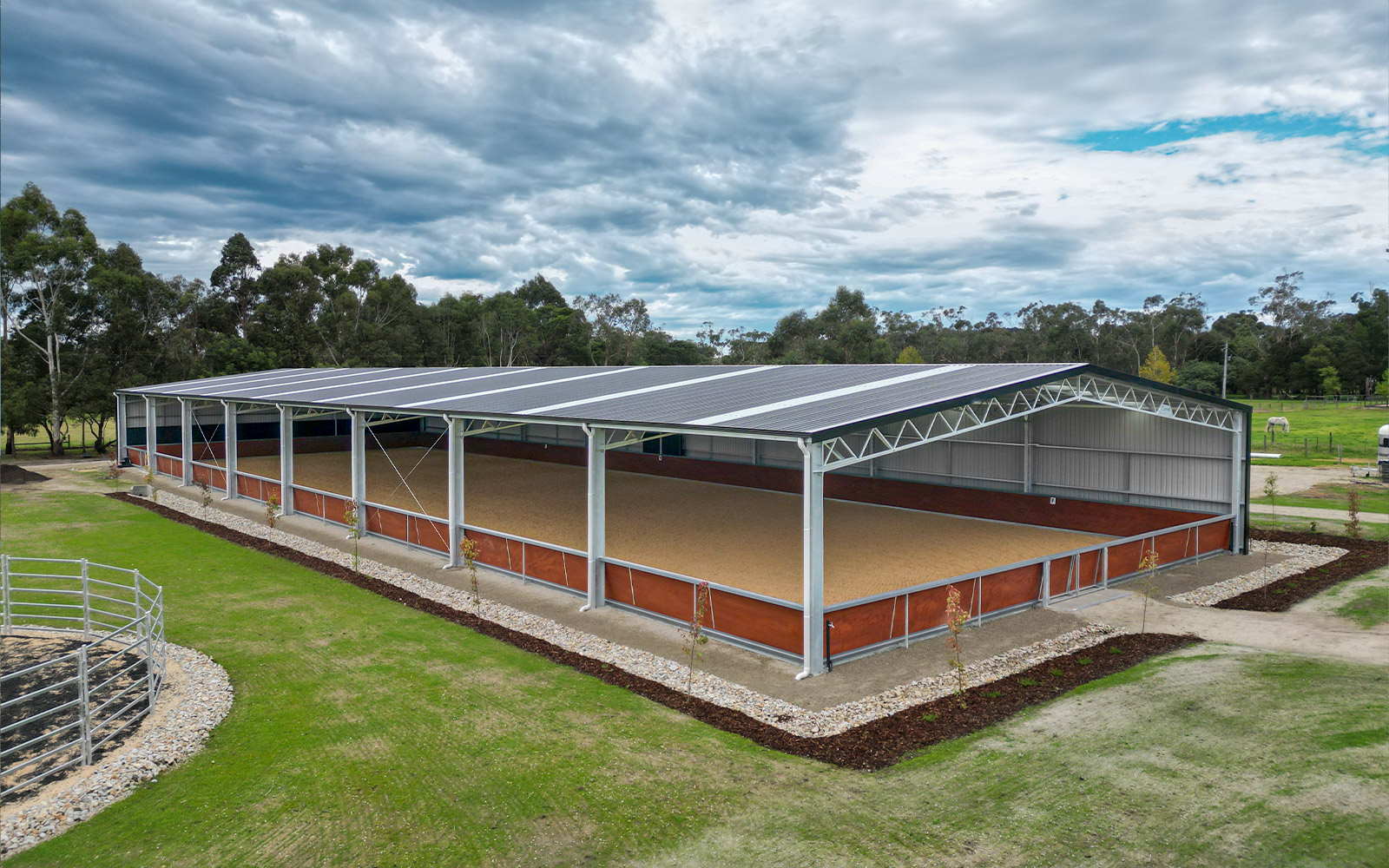
Building a riding arena is not as complicated as it might seem, but it does require proper planning and preparation. To help you get started, let’s...
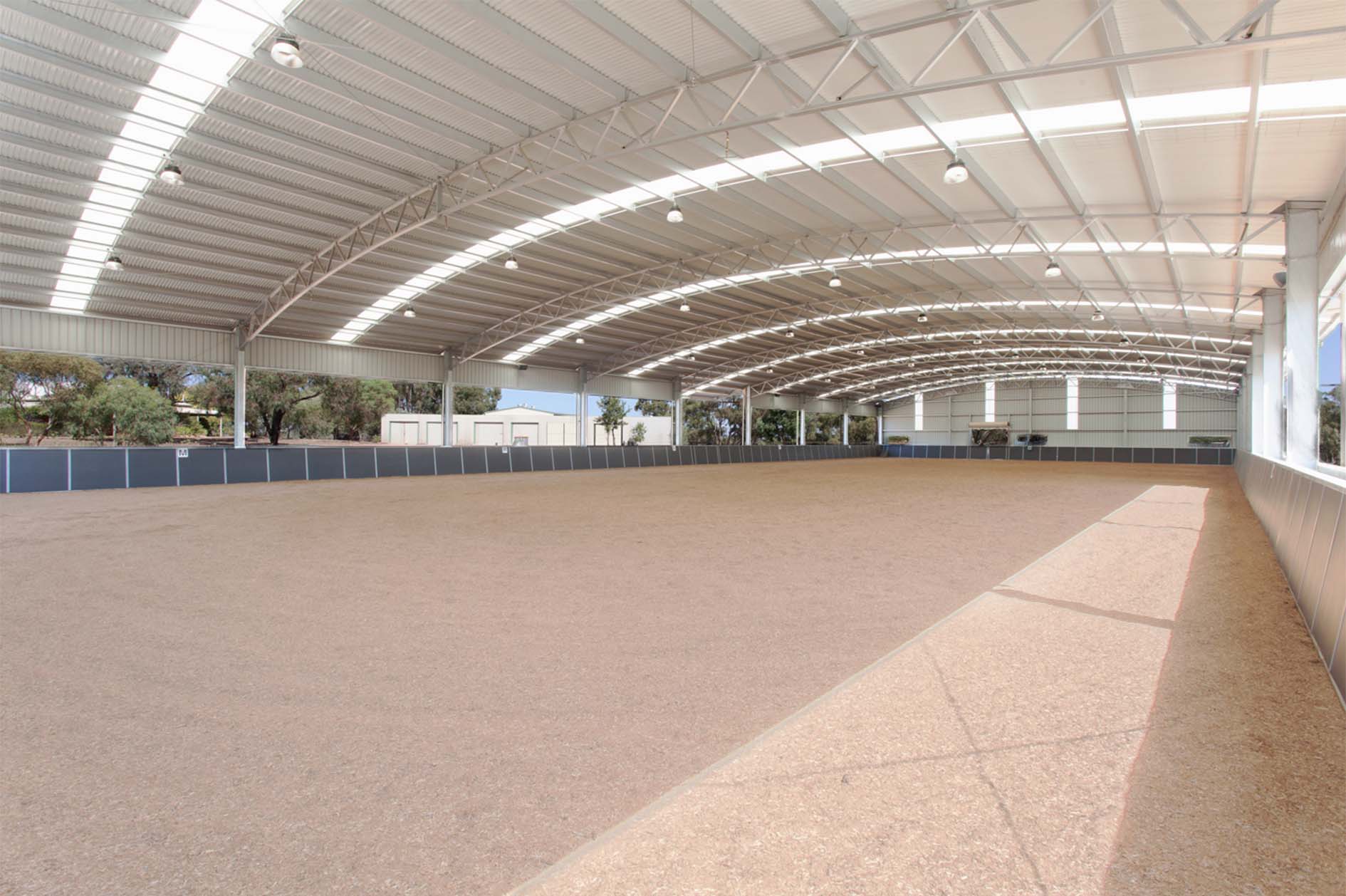
The costs involved in building an indoor riding arena We are often asked what is the cost to build an indoor arena. It’s kind of like asking how long...
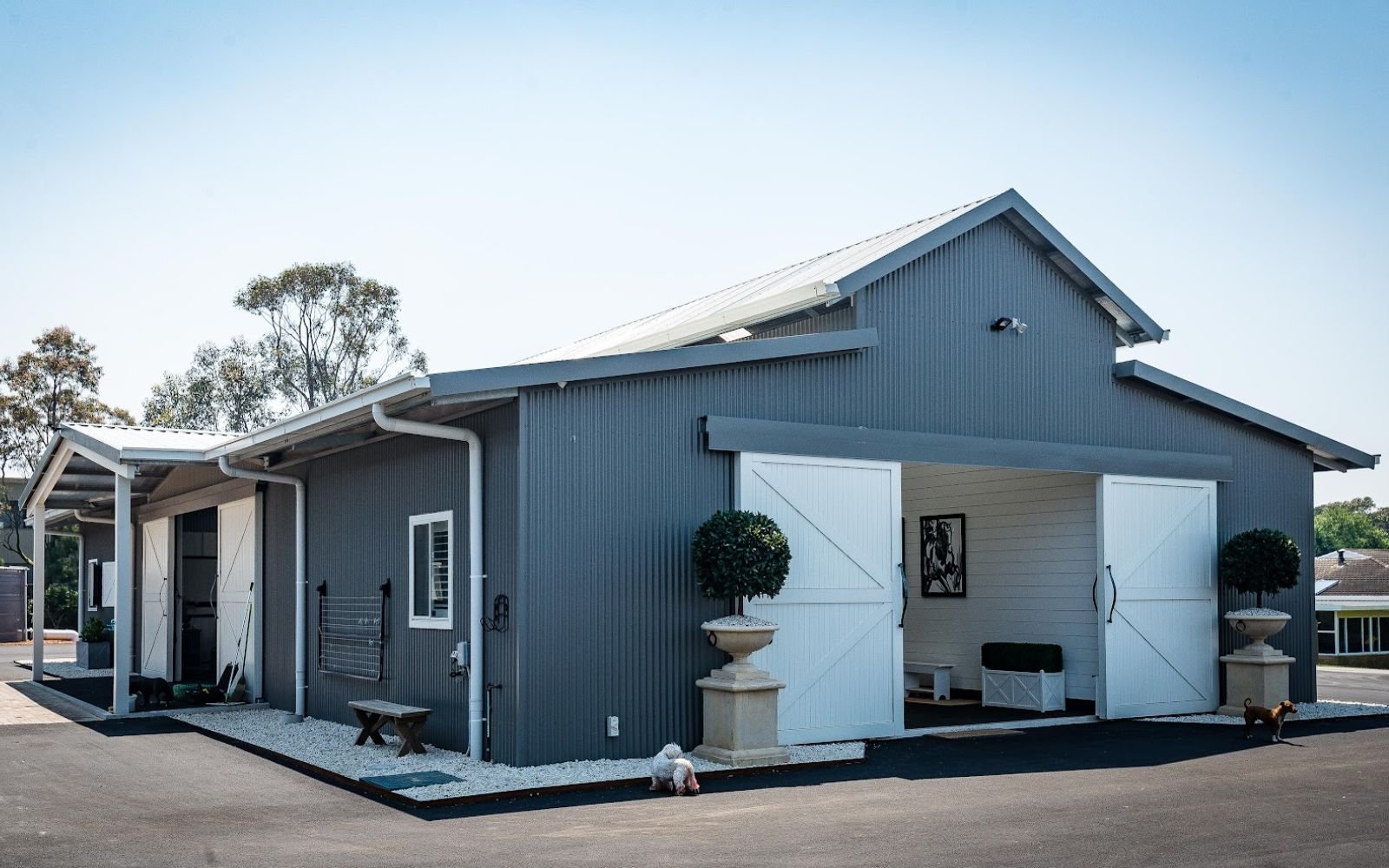
As a horse owner, your priority is to provide a secure and comfortable dwelling for your equine companions. Building horse stables is a great...